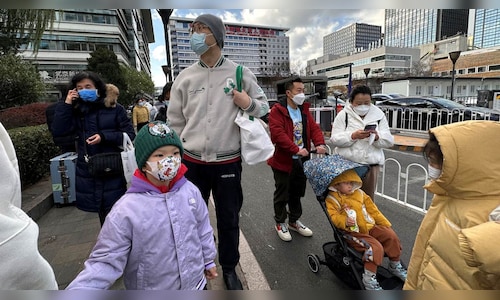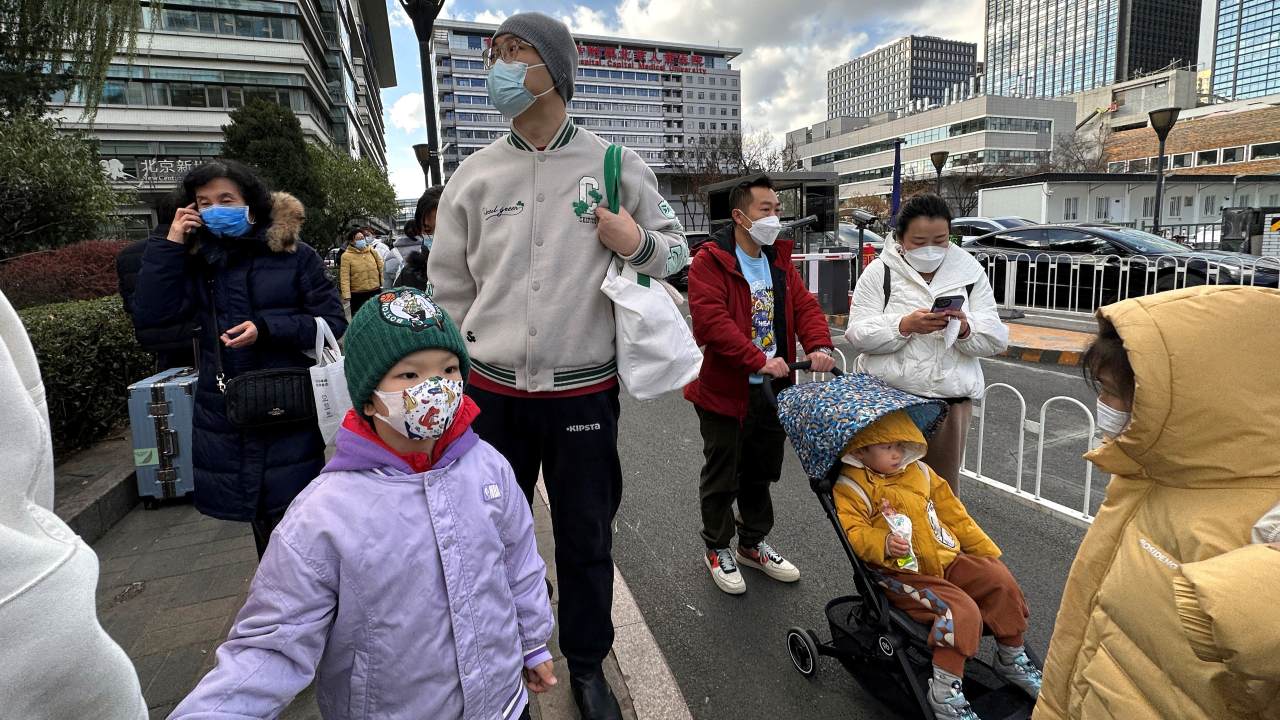

“These diseases appear to be less severe and spread on a smaller scale compared to the previous year,” she commented in response to concerns over the spread of influenza A and other respiratory illnesses.
Despite videos circulating on social media showing crowded hospitals with patients allegedly infected by human metapneumovirus (HMPV), Mao reassured the public, saying, “The Chinese government is committed to the health of both Chinese citizens and foreigners. It is safe to travel in China.”
Also read: ‘No cause for alarm’, says health body on HMPV outbreak reports from China
She referred to guidelines from the National Disease Control and Prevention Administration aimed at managing respiratory diseases in winter. Recent reports from countries such as India and Indonesia have highlighted the flu situation, but health officials stress that such outbreaks are typical during the cold season in China.
Meanwhile, the National Centre for Disease Control (NCDC) in India said that is actively monitoring cases of respiratory illnesses and seasonal influenza across the country, as well as staying in contact with international health organisations following reports of an outbreak of Human Metapneumovirus (HMPV) in China.
A senior official stated, “We will continue to monitor the situation closely and validate information and developments accordingly.” Dr Atul Goel, Director General of Health Services (DGHS), explained that HMPV is a common respiratory virus similar to the ones that cause the common cold and can lead to flu-like symptoms, especially in the very young and elderly.
Also read | HMPV: The mysterious virus gripping China — What You Need to Know
He added, “While there are reports of an HMPV outbreak in China, we have reviewed data on respiratory illnesses in India and found no significant increase in cases for December 2024, nor have we seen any large-scale outbreaks in our institutions. There is no cause for concern.”
Dr Goel reassured that during winter, respiratory infections are more frequent, but hospitals are typically well-prepared with adequate supplies and beds. He recommended general precautions such as avoiding close contact when experiencing symptoms like coughs and colds, practicing proper respiratory hygiene, and using standard cold and fever medications.
(With inputs from agencies)
(Edited by : Jerome Anthony)



